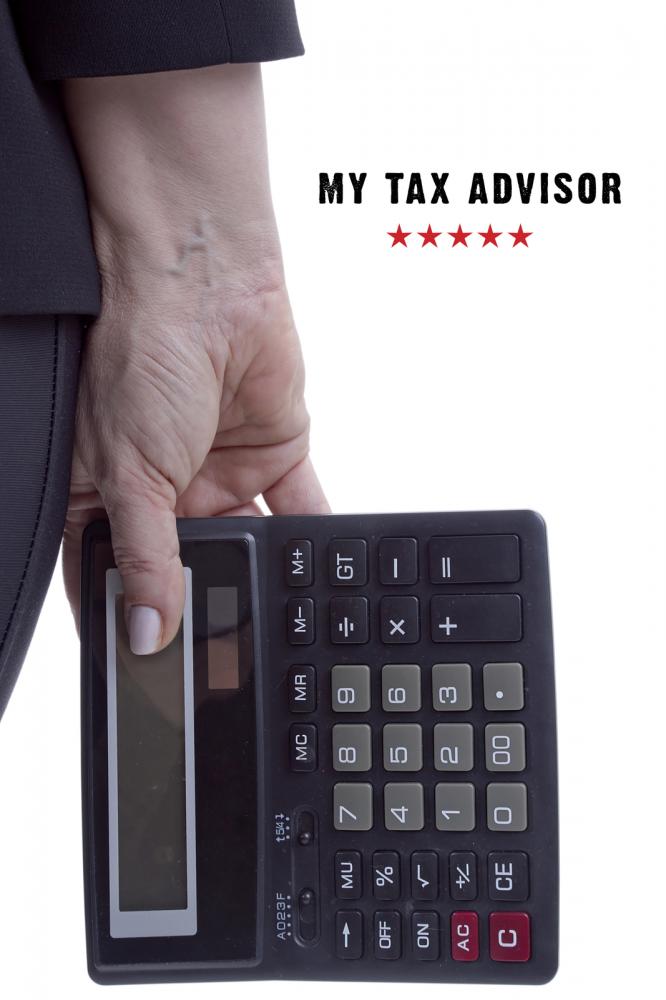It’s not just the customers who have to pay sales tax for the purchases they make; businesses too, pay sales tax for the purchases that they make.
These purchases can be in the form of utility purchases, equipment purchases, inventory purchases, business fuel purchases etc. etc.
And what’s surprising is, that even though both these types of sales tax impact a business’s bottom line (directly or indirectly), business owners tend to solely focus on the management of sales tax that they collect from their customers.
At least, that’s what has been our observation while working as a utility sales tax consultant in Indiana.
Sometimes businesses do not have controls in place to ensure that they’re not overpaying in taxes for the purchases they make.
And it’s not that businesses don’t overpay in sales tax; they overpay a lot!
There can be a separate argument in support of the case that why businesses should deploy controls to monitor their tax payments, but perhaps a more important issue to discuss at this stage would be: why businesses make these overpayments in the first place?
There are several reasons for that.
The first reason is that businesses rely too much on vendors to charge tax correctly.. They expect a vendor to know when purchases are taxable and exempt and to charge accordinglu..
Vendors live by the principle “when in doubt – tax it”, and so until or unless you don’t provide them with a supporting evidence that a certain purchase is tax exempt, they won’t make it sales-tax exempt.
For example, suppose you run a restaurant. 25% of the electricity your restaurant consumes is used to operate your cooking equipment. Since this electricity is directly being used for your manufacturing operations, it qualifies for a sales tax exemption. But your utility company doesn’t know about these usage statistics, so it’s not going to tax-exempt your purchase of electricity.
Likewise, if you make renovations to your office and if these renovations qualify as an improvement to your business real estate property, they could qualifyfor a sales tax exemption. However, if you’ve purchased the supplies from a vendor who is not located in your state and is unsure about the status of this exemption in your state, they’re not going to make your purchase sales-tax exempt. You’ll have to submit them a capital improvement certificate to make your purchases sales-tax exempt.

Another reason that why businesses tend to overpay sales tax on purchases is, they’re too overwhelmed with the fear of underpayments. This fear of underpayment stems from a lack of knowledge on tax subject. They fear if they wrongly claim for a deduction, and if the claim triggers an IRS or state audit where it gets found out that they’ve underpaid in sales tax, they could end up facing a heavy fine.
And we’ve seen numerous instances where companies had to face major penalties because of a wrongly claimed tax deduction, with some of them even having to face bankruptcy.
However, this does not mean that companies should overpay. Consulting a sales tax advisor in such cases can help.
Do you overpay sales tax on utility and equipment purchases?
How about getting an assessment, who knows you could be guilty of overpayments as well?
A BONUS read: All About US Tax Overpayment

